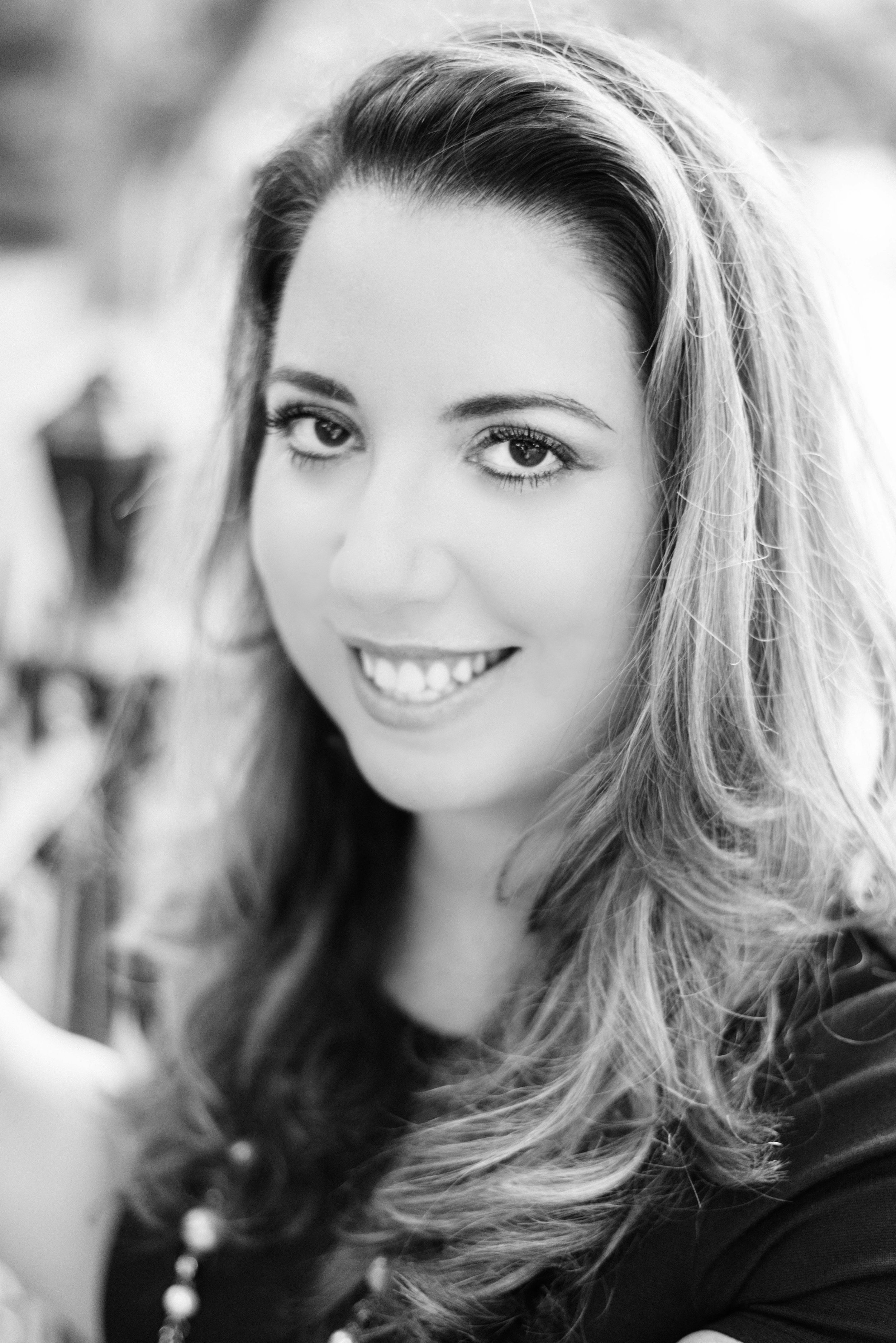

Chanel Cleeton is a Cuban-American author known for her historical fiction novels that often explore themes of family, love, and Cuban history. She gained prominence for her "Next Year in Havana" series, which brings to life the complex history and culture of Cuba, particularly focusing on the time around the Cuban Revolution and its impact on generations of Cuban families.
Cleeton's novels resonate with readers interested in history, romance, and stories that delve into the complexities of cultural identity.
After the death of her beloved grandmother, a Cuban American woman travels to Havana, where she discovers the roots of her identity-and unearths a family secret hidden since the revolution.
Havana, 1958. The daughter of a sugar baron, nineteen-year-old Elisa Perez is part of Cuba's high society, where she is largely sheltered from the country's growing political unrest-until she embarks on a clandestine affair with a passionate revolutionary ...
Miami, 2017. Freelance writer Marisol Ferrera grew up hearing romantic stories of Cuba from her late grandmother Elisa, who was forced to flee with her family during the revolution. Elisa's last wish was for Marisol to scatter her ashes in the country of her birth.
Arriving in Havana, Marisol comes face-to-face with the contrast of Cuba's tropical, timeless beauty and its perilous political climate. When more family history comes to light and Marisol finds herself attracted to a man with secrets of his own, she'll need the lessons of her grandmother's past to help her understand the true meaning of courage.

In 1958, Havana was a city at a pivotal moment in Cuban history. The following timeline highlights significant events in Havana and Cuba during that year:
In 1958, Havana was a city in turmoil, with the revolution's impact felt through strikes, protests, and clashes, eventually leading to a dramatic political shift that reshaped Cuba’s future.

In 2017, Havana experienced a mix of cultural, social, and political events that reflected Cuba's evolving relationship with the world and internal changes. Here’s a timeline highlighting significant events in Havana during that year:
In 2017, Havana faced challenges such as natural disasters and diplomatic tensions, but it also remained a vibrant cultural hub, hosting events that showcased its resilience and rich artistic heritage.
 Westwood Public Library
Westwood Public Library